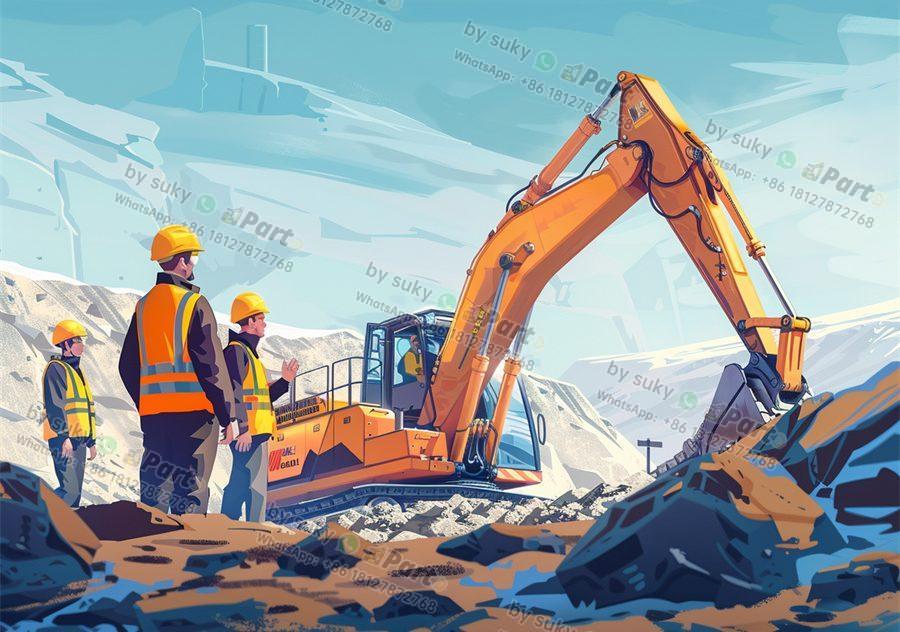Excavators, routine inspections, benefits, importers, distributors
Title: The Benefits of Routine Inspections for Excavators
Routine inspections for excavators are essential for ensuring the efficiency and safety of these powerful machines. Importers and distributors of construction vehicle parts need to understand the importance of regular inspections to minimize downtime, prevent costly repairs, and ensure optimal performance.
Preventative Maintenance to Prolong Lifespan
Regular inspections help to identify and address potential issues before they escalate into major problems. By conducting routine maintenance checks, importers and distributors can prolong the lifespan of excavators and minimize the risk of unexpected breakdowns. This proactive approach not only saves money on costly repairs but also ensures that the machines are operating at peak performance.
Minimize Downtime and Increase Productivity
Downtime is a major concern for construction companies that rely on excavators to complete projects on time. Routine inspections can help to prevent unexpected breakdowns and equipment failures, reducing the likelihood of costly delays. Importers and distributors can work with their clients to establish a regular inspection schedule that minimizes downtime and increases productivity on the job site.
Ensure Regulatory Compliance and Safety
In addition to preventing downtime and costly repairs, routine inspections also play a crucial role in ensuring regulatory compliance and safety. Importers and distributors must adhere to industry standards and guidelines for equipment maintenance to protect the well-being of workers and the environment. By conducting regular inspections, they can demonstrate a commitment to safety and compliance with regulations.
In conclusion, routine inspections for excavators are a vital aspect of maintaining the efficiency, safety, and longevity of these machines. Importers and distributors should prioritize regular maintenance checks to prevent costly repairs, minimize downtime, and ensure regulatory compliance. By investing in preventative maintenance, they can help their clients achieve optimal performance and productivity on the job site.
416-7101 Pressure Limiting Valve for CAT C6.4 320 323 324 320D2
416-7101 Pressure Relief Valve for Caterpillar CAT 320 320D 320D2








